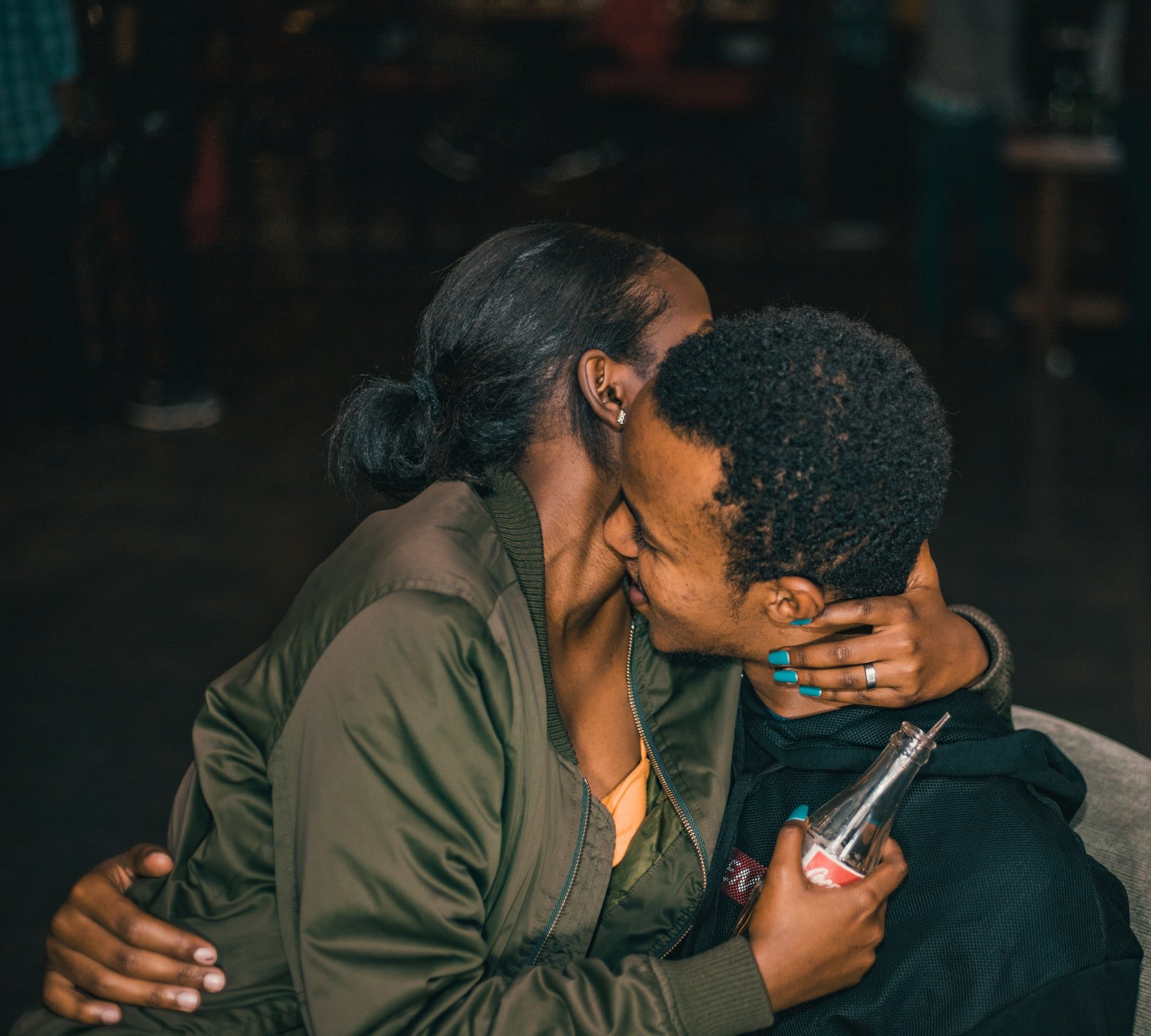
Exploring the eight types of intimacy
We’ve explored types of intimacy before. Our sex therapist takes us through what we can actively do to build intimacy in relationships.
According to psychologist Robert Sternberg, love consists of three elements – passion (a motivational component and strongest in the initial heat of romantic love), intimacy (the emotional component, referring to feelings of closeness and connectedness in a relationship) and commitment (the cognitive component – in the short term, the decision to love another person, and in the longer term, to maintain the loving relationship). This love triangle, like the three primary colours; can be combined in different ways and evolve into different relationships, ranging from friendship, infatuation, empty love, romantic love, compassionate love, fatuous love, and consummate love. The relationship you choose is a personal choice and, in this article, I would like to focus first on exploring the different types of intimacy; whereas in part two of this article we will explore ways of connecting with your partner/partners using these 8 different kinds of intimacy.
What else does intimacy mean in a relationship? This is a great question as intimacy also means that the people in the relationship share their minds, bodies and souls, which allows vulnerability, trust and safety – the key ingredients to enhance and allow a long-term relationship to thrive, even when changes and challenges present themselves. There are 8 types of intimacy that are important in a loving and fulfilling relationship. The ability to connect and be more intimate with your partner on different levels can be done physically, emotionally, spiritually, affectionately, intellectually, aesthetically, socially, and sexually.
Physical Intimacy is not sexual intimacy; it is based on how you are able to have physical contact with each other. This could be in private or when you are out and about, and the level of comfort can always be noticed if you carefully watch your partner’s response. As this kind of touch or contact is nonsexual; it goes a long way in showing that you love and care about them.
Emotional intimacy is when you allow yourselves to be vulnerable with each other. With emotional intimacy you can talk about your feelings without the fear of being shut down or made fun of. This kind of intimacy is so important as it allows partners to build on openness, trust, and safety in the relationship. As a partner you feel you can bring down that wall because your feel accepted and understood. You know your partner will not judge you for being your true authentic self.
Spiritual intimacy is when partners feel connected in their spiritual beliefs. They also share these beliefs, values, morals, and subscribe to this way of life in the relationship. If there are differing beliefs, this is where partners can understand and respect this about each other – in other words, agreeing to disagree.
Affection Intimacy is how partners express positive feelings they have for and towards each other. This can be physical and verbal in nature, and is also nonsexual. Like physical intimacy, there is no pressure to be sexual. How affection is shown or expressed goes a long way in the relationship.
Intellectual Intimacy is when partners share ideas and facts with one another. This could also be sharing thoughts on what you both care and are passionate about on a cerebral level. Connecting with each other intellectually allows you to share perspectives on a wide range of topics from politics to the environment; and not take things personally – you can once again agree to disagree amicably. This kind of intimacy allows partners to grow individually and as a couple too. Partners can give each other constructive feedback, and are supportive in their joint and individual journeys.
Aesthetic (Experiential) Intimacy is when partners can share something beautiful together. This also allows them to create memories and experiences that allow them to bond and connect in over what they share. Making plans together is another way of keeping things positive in the relationship. It helps partners to have something to look forward to.
Social (Recreational) Intimacy is when partners schedule time together socially. This is different from aesthetic intimacy, which focuses on partners having joint memories; social intimacy is when you create time and space for each other, so that you can discover and get to know your partner and also learn to appreciate them by spending together.
And now for sexual intimacy? Yes, this is the final type of intimacy I want to share with you and is the one that is most discussed. Sometimes jumping in and building on this one alone is not usually enough to sustain a long-term committed relationship. It is therefore it is important to build intimacy in all the 7 areas, as well as this one, which is equally important. It is also important that partners derive pleasure from having sex and not look at it as “just another thing to do on the list”.
As you can see, sexual intimacy is only one of the eight different types of intimacy you can experience with your partner. It is essential to nurture all these types of intimacy in our relationships, so that we can have and enjoy the longevity that can come with the results. Look out for part 2 of this article, where I will share ways in which you can connect with your partner/partners using the different types of intimacy.
Stay Connected and present and feel free to explore ways in which you can enhance the different types of intimacy in your relationships. Make your own rules and practice what works for you!
How do you show affection to your partner?

looking foreward to…
looking foreward to repairing my marriage
Hi Peter, we are so glad…
Hi Peter, we are so glad that we are able to help! Please feel free to reach us for more information if you need any more help! Have a wonderful weekend and stay safe!